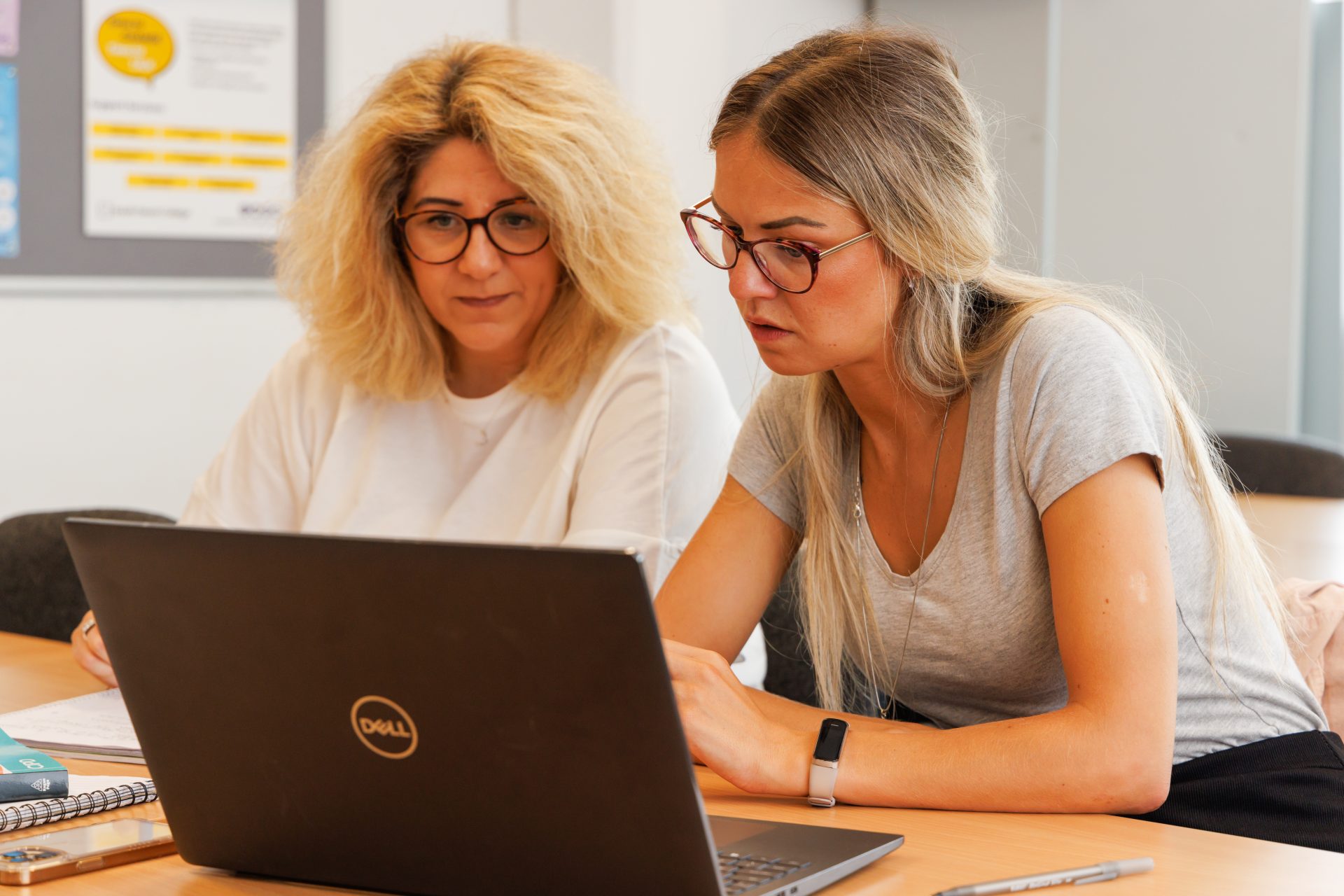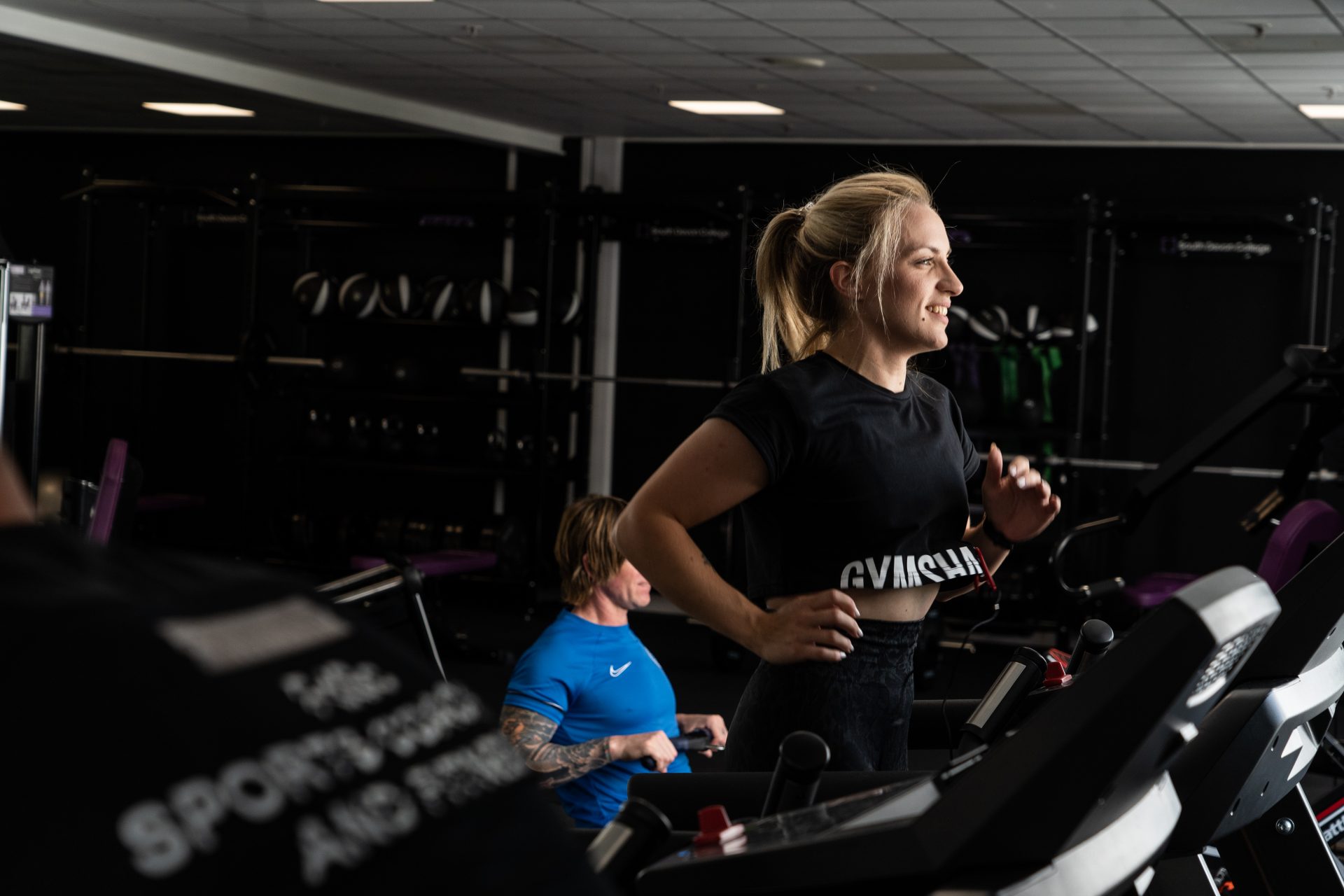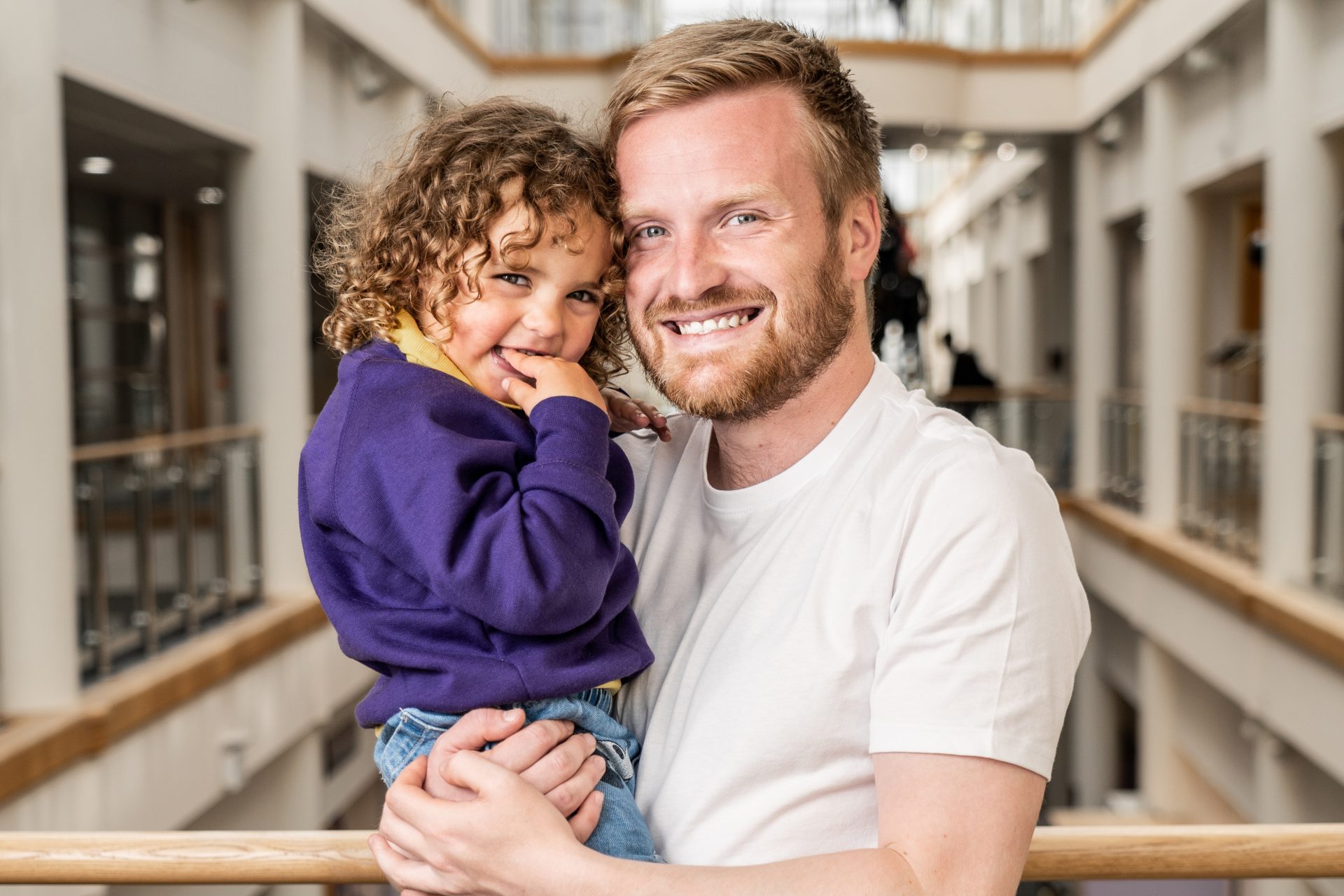Adult Personal Development Guide
The purpose of this guide is to provide you with some useful additional resources to help with your personal development beyond the learning in your main course at South Devon College. Please use them as needed, and if you would like further support with any of these topics please speak to your teacher/tutor.
Contents
1. Careers and Employability
- CVs and Covering Letters
- Careers and Job Profiles
- Finding jobs
2. Health and Wellbeing
- Physical Health
- Mental Health
- Financial Health
3. Citizenship
- Fundamental British Values
- Extremism and Radicalisation
4. Families and Relationships
- Healthy Relationships
- Sexual Harassment and Sexual Consent
- Support with Families, Caring and Parenting
5. Online Safety
1. Careers and Employability
The Prospects website is a fantastic resource to start to find out more about many of the jobs and careers that you may choose. The front page includes a link to a quiz that can help you to identify the type of career(s) that align with your skills and interests.
There is also a very useful section on how to write a CV and covering letter which includes a section on the key transferable skills that all employers look for, and also how to be successful in interviews.
Finally, there is an incredibly helpful section providing guidance on all kinds on different jobs. Each job profile includes all the information that you need about what it might be like to work in that role.

If you are actively seeking employment the Indeed website is a great place to start. It has a lot of the same sort of information as the Prospects website, but you can also look for jobs being advertised too as well being able to upload your CV so that employers can potentially find you. It also has a top tips section on how to find a new job/career.
Finally, it is a great idea to advertise yourself and network with potential employers online through LinkedIn. Follow the link and build as detailed a profile as possible and then follow their tips and guidance on how to build your network.
2. Health and Wellbeing

There are many ways to maintain your health and wellbeing and this guide includes links to resources to support you with your physical health, mental health, financial health and your safety, including online safety.
Physical health
There are several aspects of good physical health. The Live Well page from the NHS is a great place to start to explore these different aspects and there is guidance there about maintaining a healthy weight, exercise, sleep, diet, including alcohol intake and smoking as well as guidance on addiction and sexual health.
Mental Health
There are increasing numbers of people with poor mental health and there is a great deal of research going into why this is the case. That research is also identifying a lot of guidance, tools and activities that when put into practice, over time, will lead to improvements in mental health. Again, the NHS website on mental health is the perfect place to start to explore these and they have a specific section on those tools and activities that you can put into practice today to help improve mental health.
In addition to this website there are number of really useful apps that can help turn the recommended strategies into habits, that when practiced over time help to relieve stress and anxiety and improve mental health. Try Headspace or Calm.
The NHS website stresses that if you are really struggling with your mental health that it is very important to seek further help, either by using the links on their website or by contacting your GP.
Financial Health
Struggling with your finances can have a massive impact on your health and wellbeing. It is particularly challenging to manage finances when you are taking time out of your life to study. The Citizens Advice website has a lot of great resources to help with all things financial (along with many other topics). Their debt and money section is here and it has guidance on how to manage debt, cost of living, how to access food banks, manage rent/mortgage arrears and other information. It also has links to support with gambling addictions and loan sharks. The government also has a website called Money Helper, which has similar support topics to the Citizens Advice.

3. Citizenship
Fundamental British Values
Studying and living in England means that you are a part of British culture and society. There are a great number of key historical events and ideas that have led to the way our society works and the way the British people live. There are four fundamental British Values that underpin how we live and work together and these are listed below.
Democracy
A culture built upon freedom and equality, where everyone is aware of their rights and responsibilities.
The rule of law
The need for rules to make a happy, safe and secure environment to live and work.
Individual liberty
Protection of your rights and the rights of others around you.
Mutual respect & tolerance of different faiths and beliefs
Understanding that we all don’t share the same beliefs and values. Respecting those values, ideas and beliefs of others whilst not imposing our own onto them.
Extremism and Radicalisation
Extremism is a way of thinking where people hold political or religious views that are very different from those of the majority. While people have the individual liberty to think and feel this way, if their views lead them to do and say things that cause harm to others this can lead to social problems and potentially criminal activity.
People who are radicals wish to change society to align with their political or religious views, which are often extreme. For a variety of reasons people can become radicalised in their thinking. This can happen to individuals on their own or by influence from external sources.
If you are worried about yourself or others who may have extreme or radical views that could be harmful to individuals or to other people, please seek further support. Speak to your teacher/tutor and/or visit the government’s very informative website that contains several further links for help including the Act Early website. If you are concerned about criminal radical or terrorist behaviour, please call the police on 999 in an emergency, or 101 if it isn’t an emergency. Alternatively you can report hate crimes here, or share your concerns here.
4. Families and Relationships
Managing relationships with others is a very difficult thing to do but having those different relationships with partners, friends, family members, colleagues and others is a vital part of what makes us human and contributes to our health and wellbeing.
Healthy Relationships
Having healthy relationships with our partners is challenging and sometimes unhealthy behaviours can occur. This video discusses some of the signs of healthy relasigns otionships and this is a great Ted Talk titled The difference between healthy and unhealthy love by Katie Hood.
Please see these links for useful videos with information about domestic abuse and coercive control. Crucially though, if you need support with these issues, please see the links in this government website and/or speak to your tutor.
Sexual consent is required by everyone taking part in any sexual activity. There is a very useful video discussing the concept of sexual consent here. If you think that you have been a victim of rape please see this link for further support and/or speak to your teacher/tutor. The Rape Crisis website is also a good resource.
Sexual harassment is also something that is highly prevalent in our society and has serious impacts on those people subjected to this unwanted sexual attention. Please see this video here to find out more about the different forms sexual harassment can take. The Rape Crisis Sexual Harassment webpage is a good place to go for support and to find out more about sexual harassment and what to do if you are a victim.
Support with Families, Caring and Parenting

If you care for children you will no doubt be getting some things right and some things wrong. As they say, there is no manual for being a parent however, it turns out that after years of research we do know some of the things that parents can do to help them to be better parents. A good place to start for further guidance is here on the NSPCC website and also the Family Lives website as well as Psychology Today’s parenting pages. The government’s website provides advice and guidance about the practicalities of raising children including the support that is available to parents.
If you are caring for others there is a lot of support out there too. The Carers UK website is a great place to start for all the advice, guidance and support that you might need as an adult carer.
5. Online Safety
There is a great deal that is wonderful about the internet, but it can also be a dangerous and unsafe place if you are not too careful. Issues such as phishing scams, viruses, online grooming, radicalisation, unwanted pornographic content, privacy violations and identity theft, online sexual harassment and cyberbullying are just a few of those dangers. Almost all of the guidance about online safety is aimed at children and young people and their parents however, it is relevant to all adults, whether they are parents or carers or not. The Internet Matters website is very useful, and it has advice and guidance for parents by age of their children.






